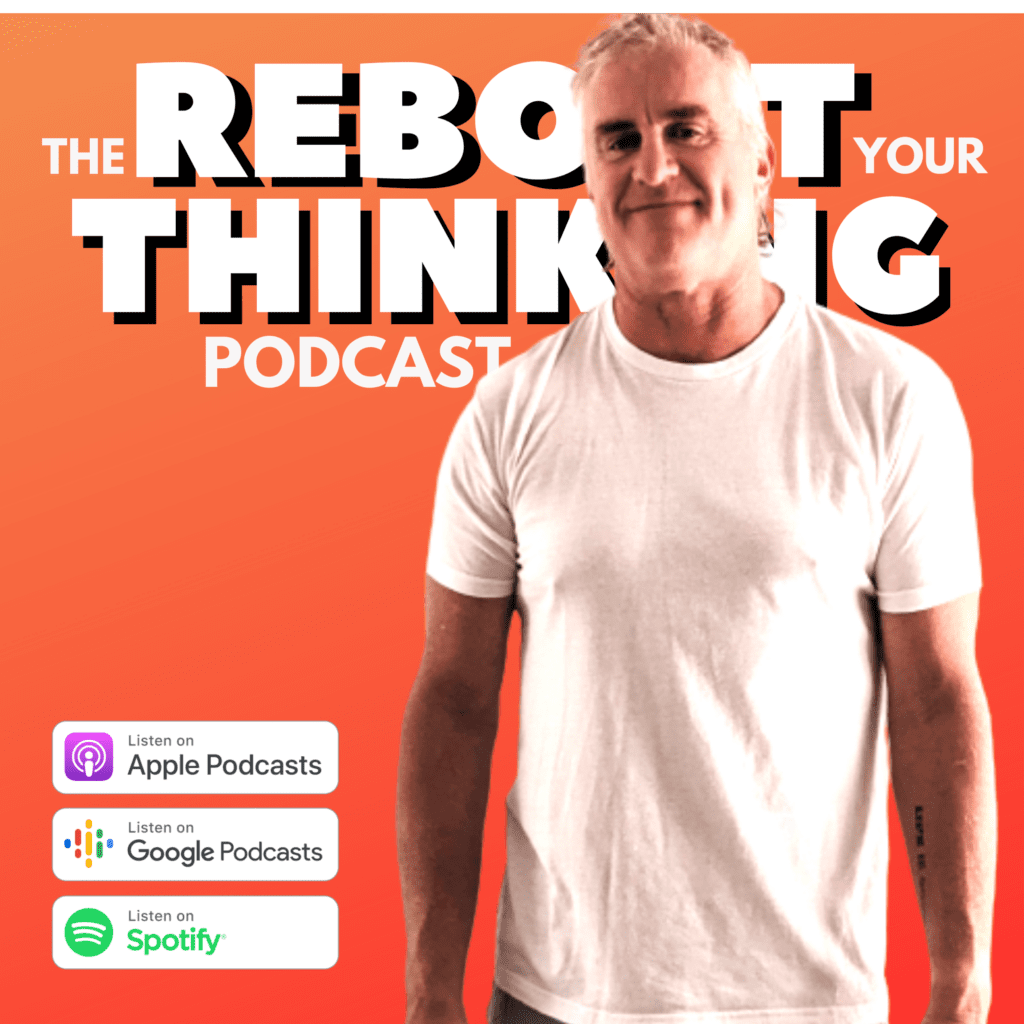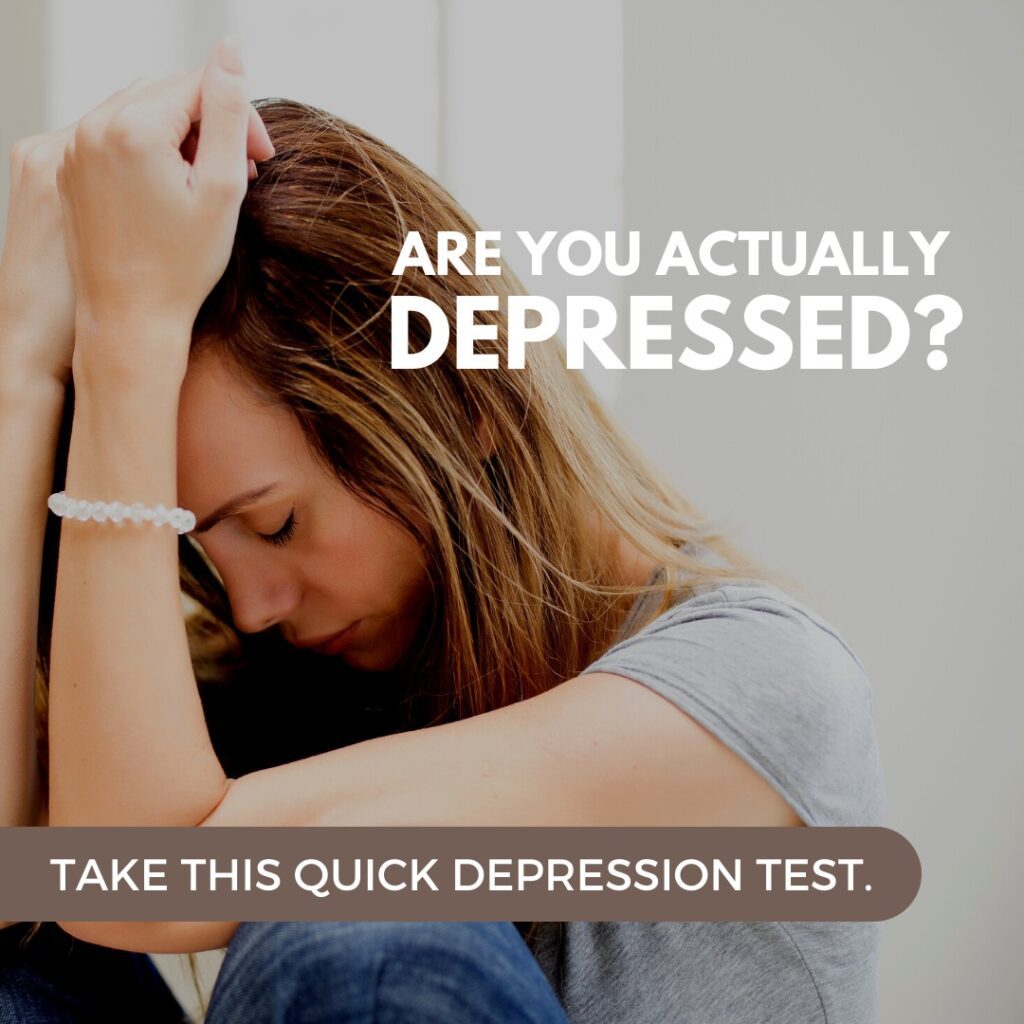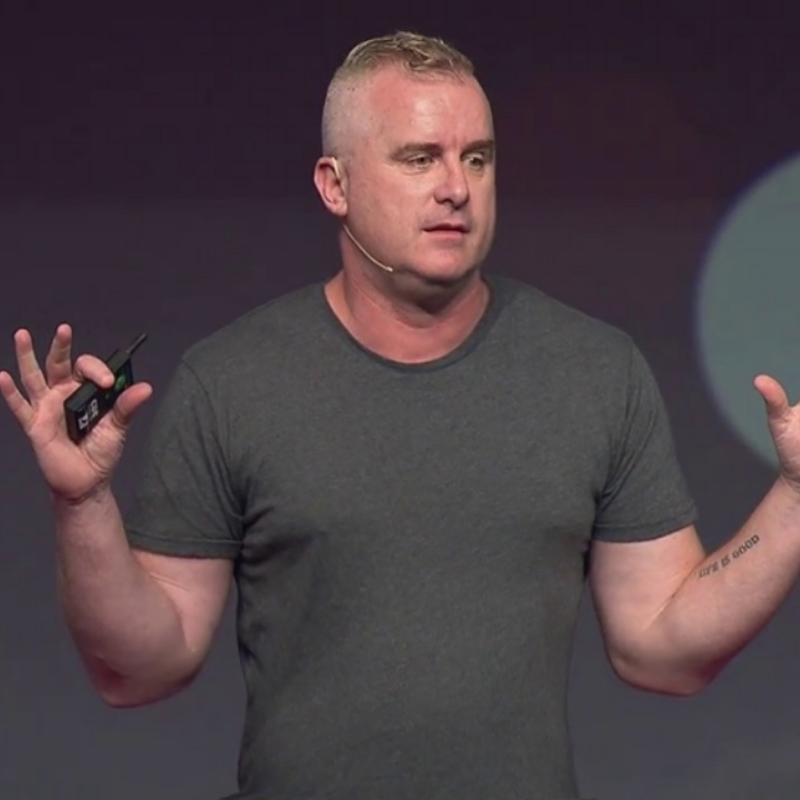Shame. Even the word sucks.
I want you to think about something that you have felt shame about, either recently or long term. And, in thinking about it, keep in mind that shame is how we see ourselves through other people’s eyes. Most shame comes from without, not from within (what comes from within might be guilt).
Basically, two types of shame are possible: healthy and toxic.
One is quite normal and fairly harmless (healthy) and the other can be completely debilitating (toxic).
Healthy shame comes are tripping up some stairs in front of someone, or public speaking with your fly undone. It’s not going to kill you, and isn’t going to leave a lasting and harmful scar on you. Healthy shame points out your limits, lets you know you need help, gives you a sense of embarrassment and allows for humility.
Toxic shame, however, is poisonous to the soul. It makes you lose your identity, fuels low self-esteem, leaves you feeling hopeless, and can be vicarious, induced or carried.
It’s difficult to get past toxic shame without pulling the scab off. So let’s get to it.
Reducing toxic shame
An important question I have to ask myself – often – about shame is this: is it my shame to carry?
For a long time, I have held on to, and been weighed down by the shame of being abused for three years of my life as a teenager. That shame has sat on me like an anvil, and has affected so many of my relationships and decisions over the years.
If I hadn’t been carrying that shame for the last 30 years, my life could potentially have been a lot different. That might have looked better, or it might not have. But lately, I have realised that for all that time, I have been carrying someone else’s shame. All the heartache and self-loathing and destructive behaviour, and all the shame driving it, wasn’t even fucking mine!
And that carried shame is basically why I ruminate on my two favourite piece of unhelpful thinking: I am unworthy and I am unlovable.
The good news in this, though, is that once I recognised that the shame wasn’t mine, that shame was almost magically halved. Literally – just through saying out loud that the shame wasn’t mine, hearing myself say it and then believing it, I was able to hand at least some of the shame back to him.
And the day I took that shame off was one of the best days of my life.
The other half of healing, I am convinced, will be achieved through self-compassion.
Thinking kindly about myself has certainly not been part of my repertoire for a long time. So I’m hoping that upping the ante with self-compassion will be what I need to keep healing and then, hopefully, even get close to totally healing the shame.
WATCH
Is it guilt, or is it shame?
Behaviours and beliefs based in shame
Shame can also lead to other types of behaviour, says Phil Barker from the University of Colorado, many of which service little or no constructive role.
‘People cope with shame in many ways’, Barker writes in his article ‘Guilt and Shame’, ‘however, few get at the actual source of the emotion’. Barker argues the five most common shame-driven behaviours are as follows:
- Attacking or striking out at other people. This is driven by the hope bringing others down will lift you up, and so help you feel better about your shame.
- Seeking power and perfection. Here you’re hoping to remove shame by preventing all possibility of future shame and feeling more valuable.
- Diverting blame. This is where we point the finger at other people or external events, and blame them for our faults or problems.
- Being overly nice or self-sacrificing. Here we hope by trying to make everyone happy, other people will see our worth, rather than our shame.
- Withdrawal. If we don’t interact with anyone, no-one can see our shame and we don’t have to deal with it.
Adults recovering from childhood shame
Working through the shame that I acquired when I was a child was one of the hardest things I had to accept when I first entered rehab and was told that, regardless of what had happened to me when I was younger – whatever trauma, neglect or enmeshment I was subject to – right now, as an adult, it was up to me to help and heal the inner child in me.
We need to re-parent ourselves because, as it was explained to me on the first day of rehab, ‘nobody else is coming’.
Given that most of us would never treat anyone as badly as we treat our inner child, the need for re-parenting is even greater.
And, particularly on the theme of shame, re-parenting must include a realistic and honest look at what happened to us, and who was responsible for it, and then what love and empathy is required for us to get past it.
Only then can we get to the gifts of shame: humility and humanity.


This blog post is an excerpt from my best-selling book, Reboot Your Thinking.
Reboot Your Thinking is about how I use 28 daily themes – including fun, mindfulness, boldness, happiness, kindness, shame, guilt, anger, failure, resilience and connection – to think differently and move further towards being the best version of myself.
To check out Reboot Your Thinking in more detail, click here.

















